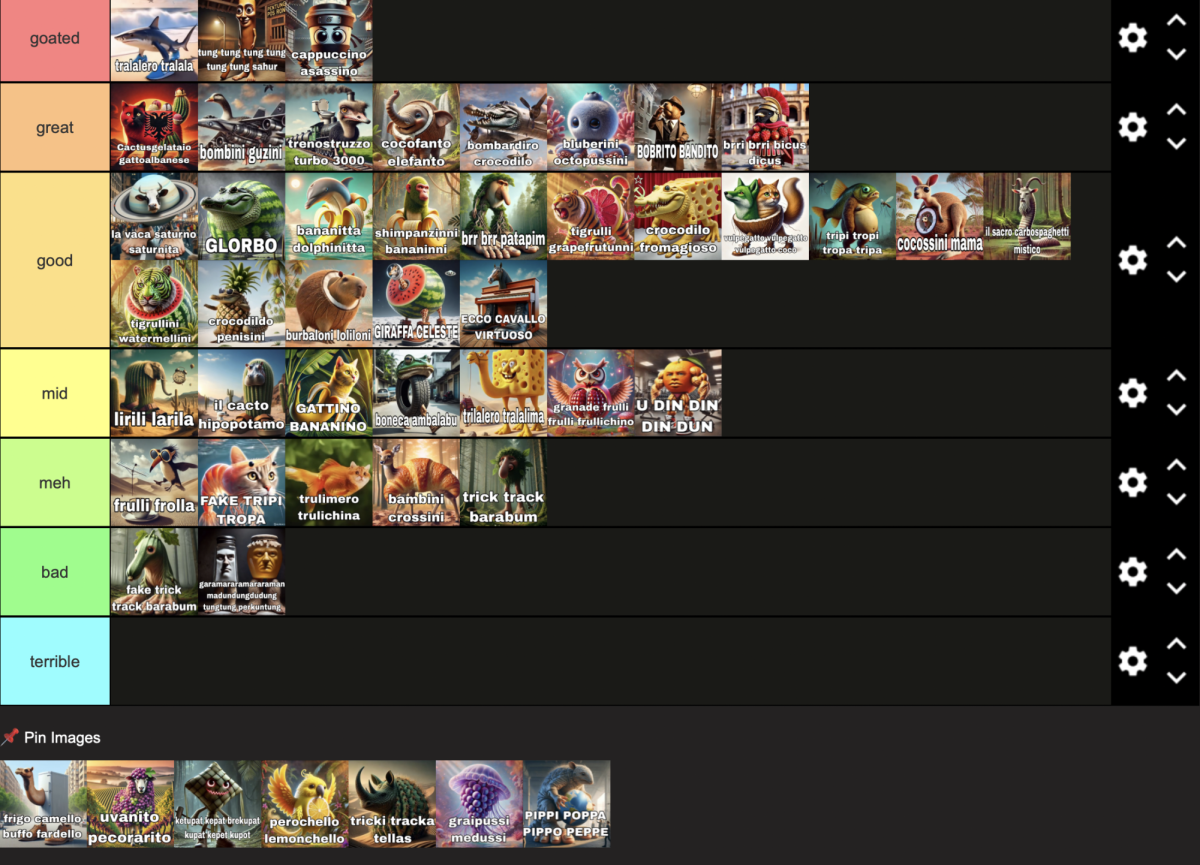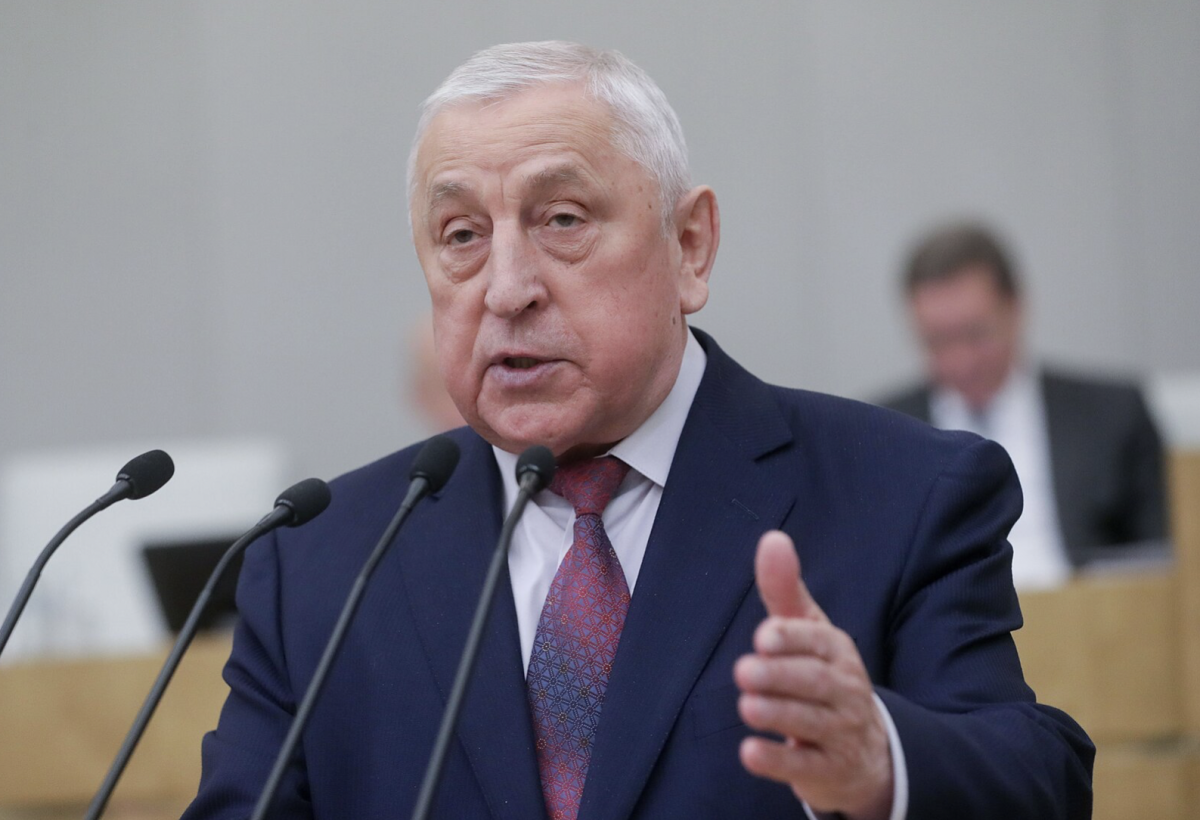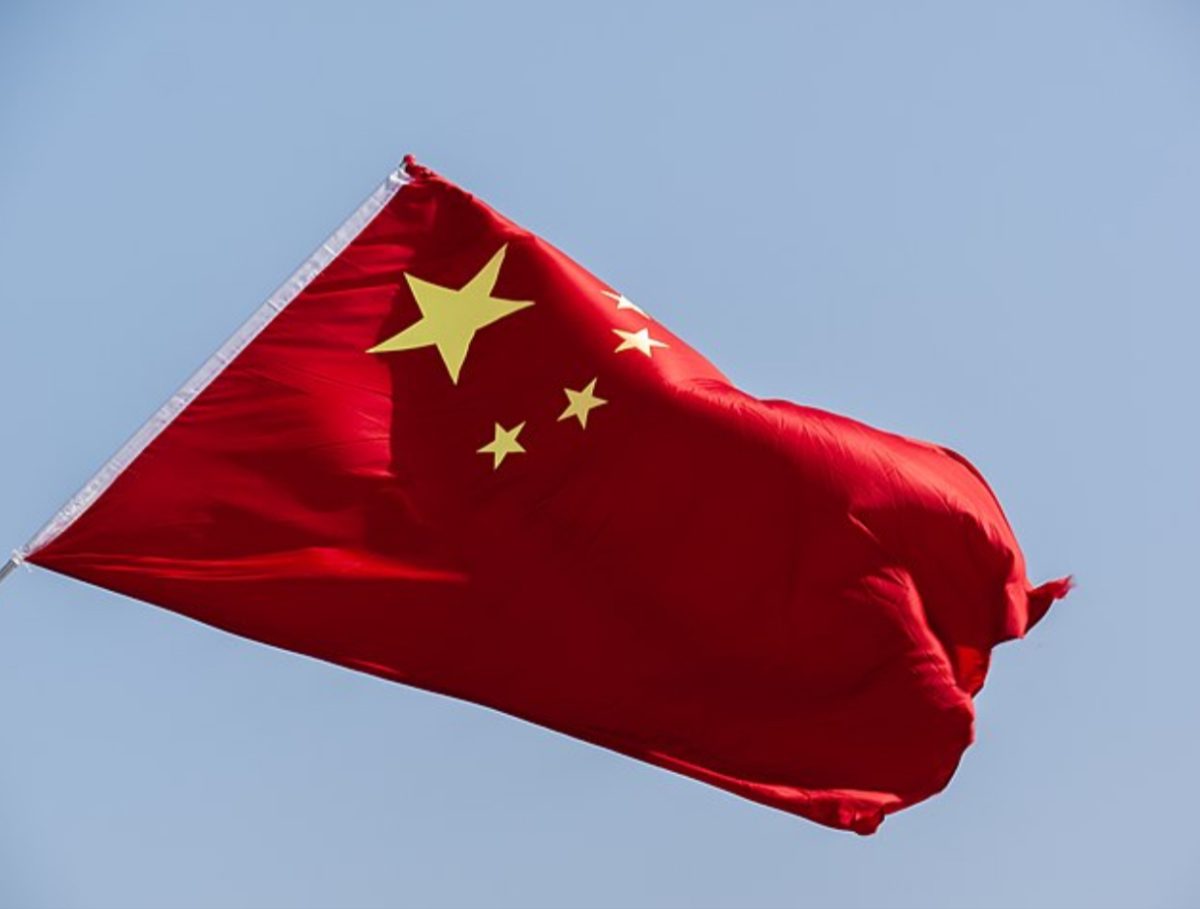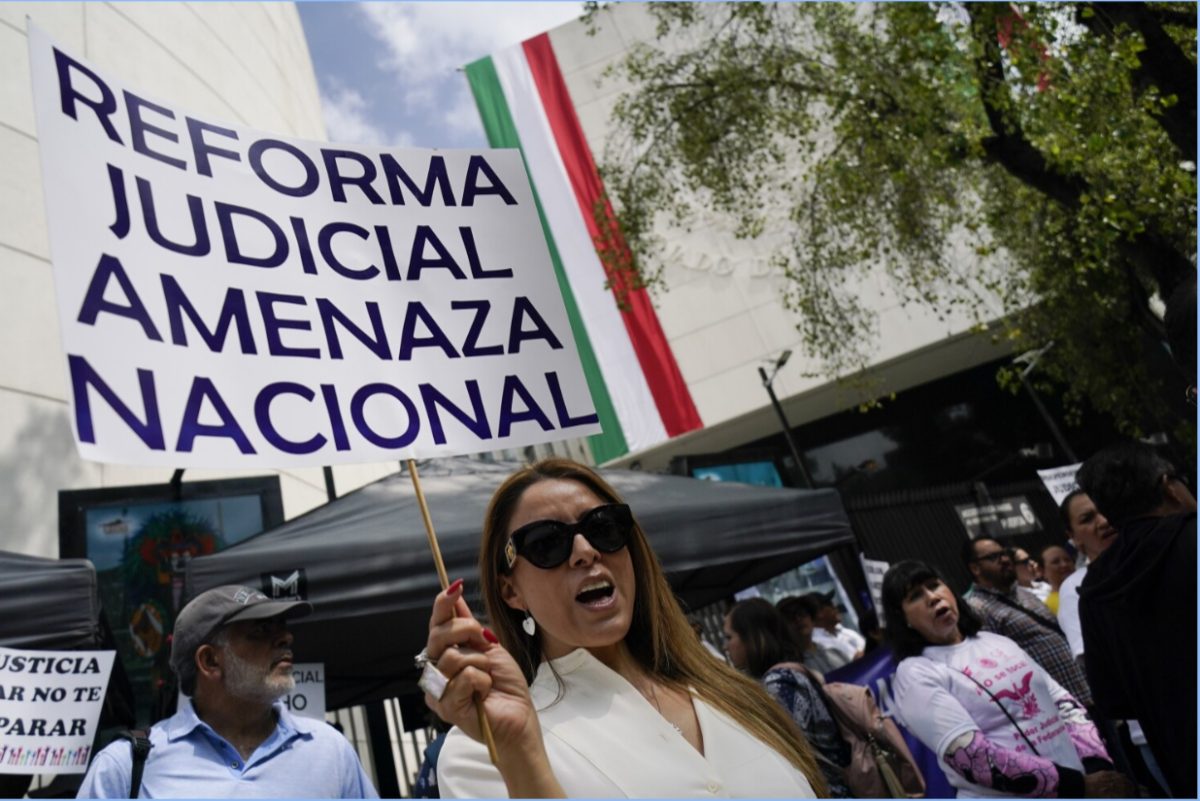Eight Pakistani nationals were killed on April 12 by an unidentified gunman in the province of Sistan and Baluchistan in Southwestern Iran. Responsibility for the attack has been claimed by the Balochistan National Army, or BNA, a lesser-known Balochistan separatist militia. The attack happened only 142 miles from the Iran-Pakistan border, and Islamabad has sought Tehran’s “full cooperation” in combatting terrorists.
The attack occurred in Iran’s Southeastern province of Sistan and Baluchestan, which is inhabited mainly by the Baloch ethnic minority. Alongside the Balochistan province of Pakistan and the southernmost end of Afghanistan, this region makes up a majority Baloch area where some Baloch nationalists seek an independent Balochistan.
The majority of Baloch separatism takes place in Pakistan, the Baloch’s most populous region, where a train highjacking in March took several hundred people hostage. Pakistani Balochistan has had a tumultuous history with independence, as the Iranic Baloch people have experienced inconsistent and reneged cessions of self-dependence from Islamabad and the highest poverty rate in Pakistan’s provinces despite the vast mineral wealth.
In Iran, the divide between the Sunni Muslim Balochs and a Shia-majority country is a major motivator alongside nationalism. Salafi Jihadism, a militant ideology with the goal of establishing a global Islamic state, is a major tenet among separatist groups. A low-intensity insurgency by separatists has been ongoing in Sistan and Baluchestan since the mid 2000’s, with continuous bombings and attacks by a multitude of groups designated as terrorists by Iran up to the current killing in 2025.
In response to the current moment of terrorist activity, the Pakistani envoy to Tehran, Mudassir Tipu, confirmed in a statement on X that the two countries were coordinating efforts to investigate the incident. Iran has cooperated with Pakistan in repatriating the victims’ bodies, and has condemned the acts, with the Iranian ambassador to Pakistan, Reza Amiri Moghadam, saying “terrorism is a common threat throughout the region”.
The two nations have worked together in the past to combat Baloch separatists. In 2014, they agreed to joint anti-terrorist and anti-drug operations involving cooperation between security and intelligence forces. In 2018, they agreed to strengthen defense ties, with heightened border security, and to jointly manufacture military equipment, which Iran’s Chief of Staff of the Armed Forces Mohammad Hossein Bagheri remarked was “joint achievement of Muslim nations.”
Despite this proclaimed cooperation, tensions have heightened between Iran and Pakistan over combating separatists. Iran has made multiple unilateral strikes into Pakistani territory under the pretext of neutralizing militants of Jaish ul-Adl, the foremost separatist organisation in Iran. Such grounds are often contested by Pakistan officials, as was the case preceding the 2014 agreements. Similarly, Pakistan has launched unilateral strikes into Iranian territory on the grounds of combatting Balochistan Liberation Army forces, with the BLA being Pakistan’s largest Baloch separatist militia; these strikes have also faced similar criticism from Iran officials.
Unwarned attacks of this nature often result in civilian casualties and bring condemnation from the recipient country. Tensions heightened in January 2024 when Iran launched a series of missile and drone strikes within Pakistan Balochistan under the guise of addressing Jaish ul-Adl militants, which occurred alongside airstrikes in Syria and Iraq against anti-Iranian forces as retribution for the Kerman Bombings in Iran by ISIS. This shows Tehran’s strategy of leveraging actions against the country to further their foreign policy. The retaliatory nature of these exchanges show nations’ willingness to use attacks on their sovereignty as reasoning for pursuits of their own foreign policy.
The joint response to the recent separatist attack comes at a stark contrast with the tenuous relationship of early 2024. The diplomatic missions suspended between Iran and Pakistan since then have been redeployed, and Iran diplomats have made overtures of collaboration with Pakistan against Baloch militants. However, as in 2024, conflict may arise again. It remains to be seen as to whether trust between the two nations can be cemented.


















